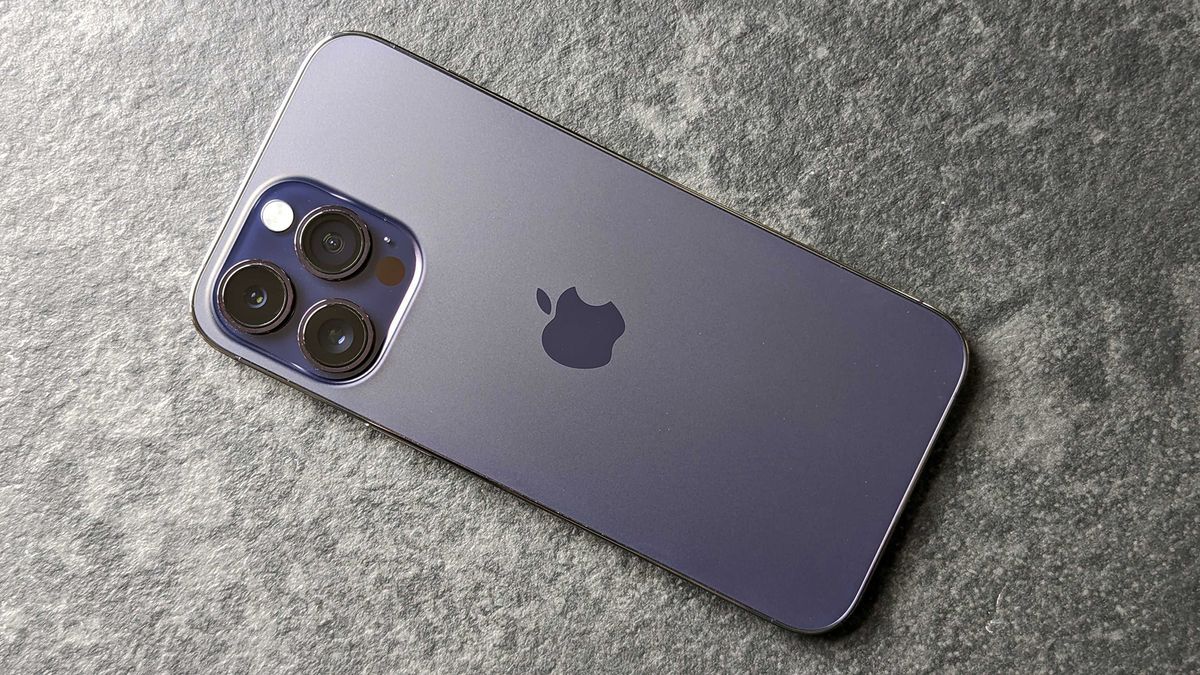We’re expecting big things from the iPhone 15 line, including a Dynamic Island and USB-C port on all models, big camera upgrades for at least some models, and tweaks to the design and build, including the use of titanium in the iPhone 15 Pro and iPhone 15 Pro Max. Yet, despite all that, these might not be among Apple’s best performing phones.
According to Ming-Chi Kuo (an analyst with a great track record for Apple information), via GSMArena, “demand for iPhone 15 is lower than that of iPhone 14.”
Kuo doesn’t say why that would be, but does claim that shipment forecasts for Apple’s hardware products in the second half of this year are “almost universally weaker” than in the second half of last year – so this isn’t purely an iPhone issue, it’s one that could affect Macs, iPads, and all of Apple’s other devices too.
Still, the iPhone remains Apple’s key product, and this year doesn’t look to be a light one for upgrades, so on the face of it you might be surprised by this prediction.
Big upgrades, but not as big as last year
So why might we see weaker demand for the iPhone 15? Well, we can think of a few possible reasons. For one thing, while the rumored upgrades are certainly substantial, they’re arguably not as big as for the iPhone 14 line.
With the iPhone 14 Pro and iPhone 14 Pro Max, we saw the introduction of the Dynamic Island, which is the biggest design change since the iPhone X. We also saw big upgrades to their main cameras.
These upgrades are now expected to trickle down to the non-Pro models with the iPhone 15, which is still a big deal, but they’re no longer completely new features.
As for things that are truly new to the iPhone, one of the biggest expected things this year is a USB-C port. But while this is an upgrade on the Lightning ports currently used by Apple phones, it’s also divisive, with some people being oddly attached to Lightning (Apple included), and plenty lamenting the fact that their Lightning chargers and accessories now won’t work without an adapter. So this could actually hurt uptake of the new phones.
But even without that issue, this year’s rumored upgrades just don’t seem quite as major as last year’s, despite still being significant – so while these upcoming handsets are sure to be among the best iPhones, they might not be the most exciting ones.
A market in decline
Then, of course, there’s the state of the smartphone market and the global economy in general – neither are at their strongest, and with many jobs now being remote post-pandemic, there may be less demand for phones than there once was, as many of us are at home more.
Of course, that was true last year too, and if anything both the global economy and the smartphone market are showing signs of recovery.
But Canalys data from July 2023 shows that while there’s a slowdown in the smartphone market’s decline, it is currently still declining, with shipments being 10% lower in the second quarter of 2023 than in the second quarter of the 2022. That decline has affected most companies, including Apple.
The upgrade cycle could work in Apple’s favor
All that said, there are some positive signs for the iPhone 15 line too, because recently Dan Ives (another analyst) predicted that, in fact, the iPhone 15 series could be hugely successful. This is down to there reportedly being around 250 million iPhones that haven’t been upgraded in over four years, many of which they claim are likely to be upgraded this year.
That theory is backed up by 2019 data from Bernstein analyst Toni Sacconaghi (via CNBC), which suggests that people now typically upgrade iPhones every four years.
So it’s not clear which of these analysts will prove right. If we had to guess, we’d say the iPhone 15 line probably will be less successful than the iPhone 14 series, due to the marginally less interesting upgrades, the divisive switch to USB-C, and the general state of the smartphone market.
But if there really are 250 million people itching to upgrade, then it could easily go the other way.





